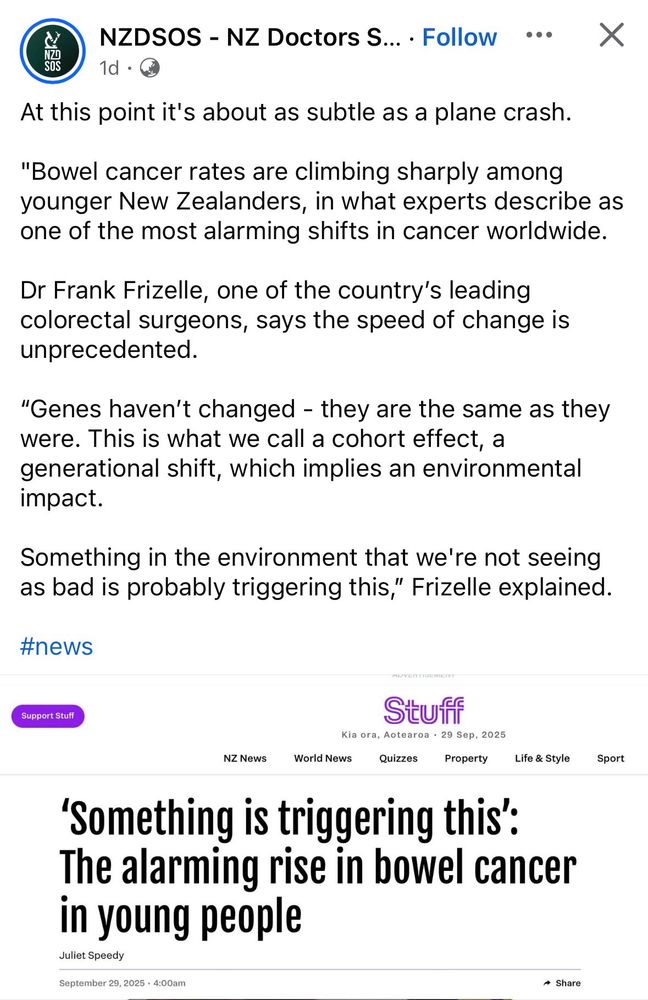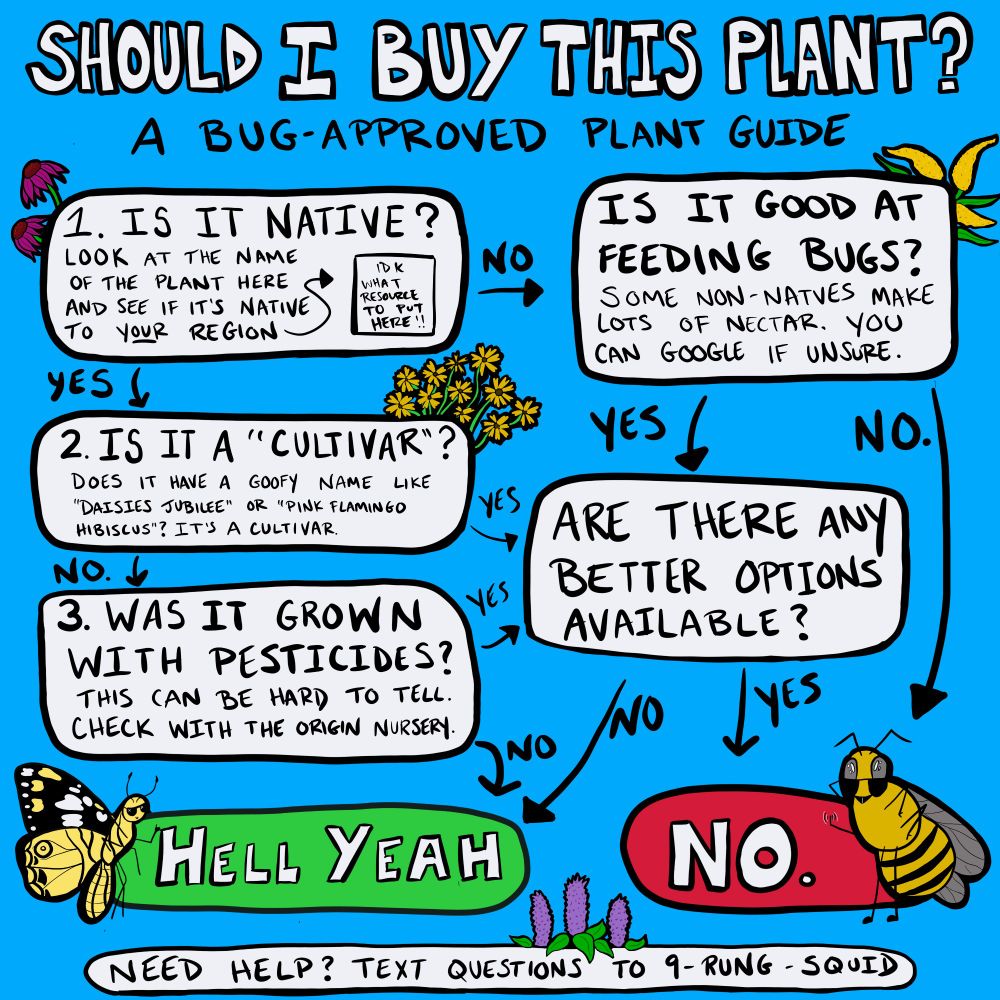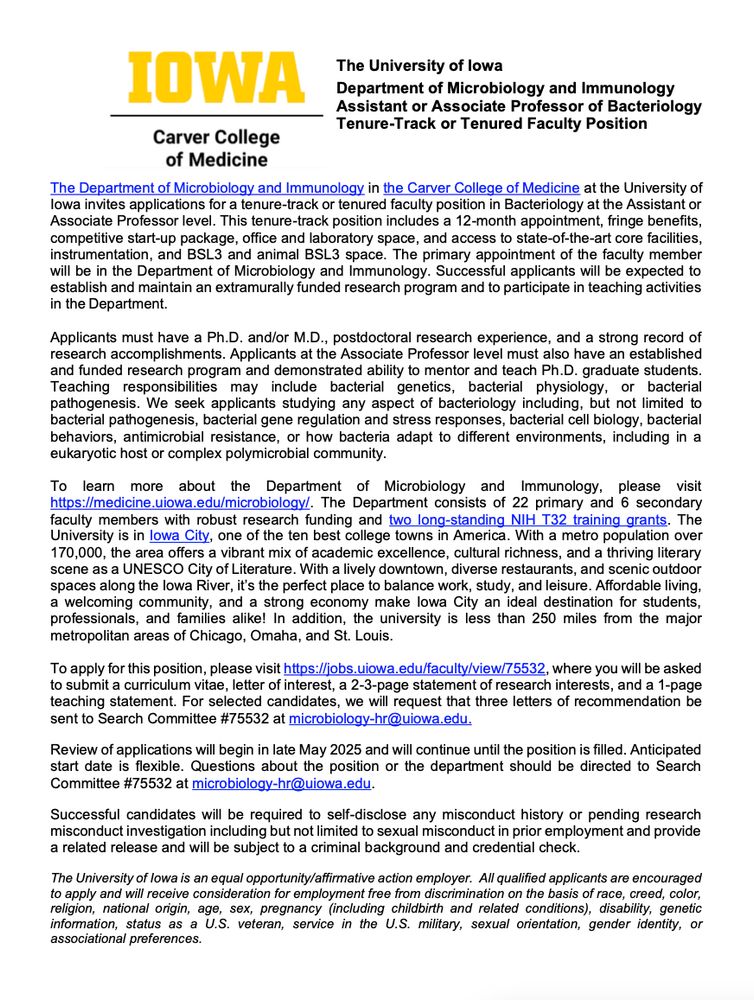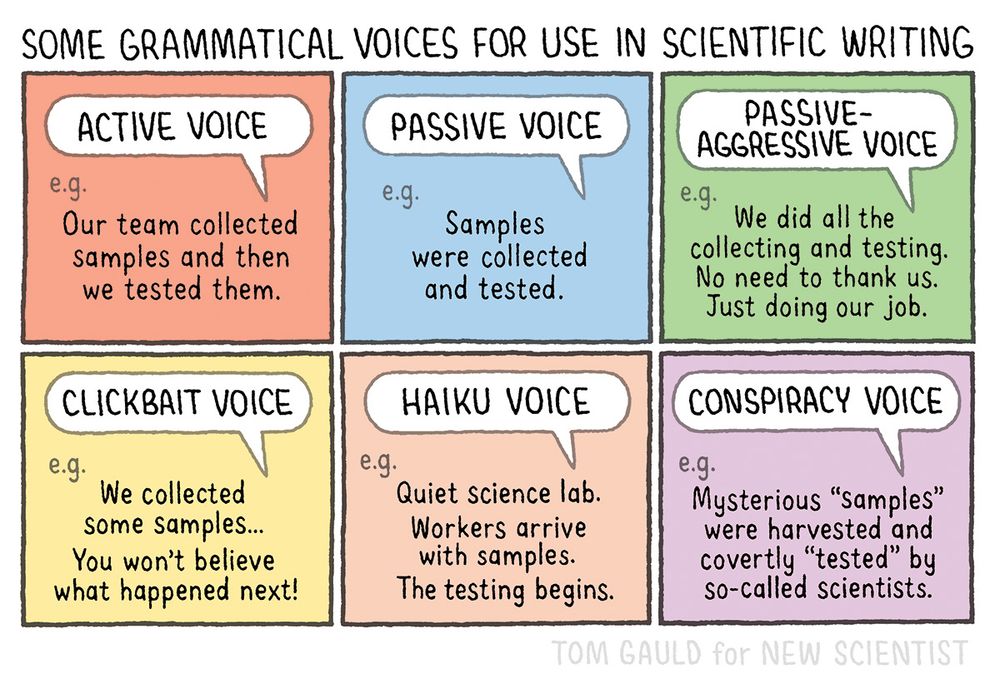Manuel Kleiner
@manuelkleiner.bsky.social
730 followers
200 following
42 posts
Associate Professor, Microbiomes and Complex Microbial Communities, North Carolina State University
Microbiology, Host-Microbe Interactions, Microbial Ecophysiology, Proteomics and Metaproteomics
https://kleinerlab.cals.ncsu.edu/
Posts
Media
Videos
Starter Packs
Reposted by Manuel Kleiner
Reposted by Manuel Kleiner
Manuel Kleiner
@manuelkleiner.bsky.social
· Jul 29
Reposted by Manuel Kleiner
Reposted by Manuel Kleiner
Ákos T Kovács
@evolvedbiofilm.bsky.social
· Jul 28

Counting soil microbial communities: the impact of qPCR platform and mastermix on accuracy and precision
qPCR is used to measure soil microorganisms but can be affected by inhibitors, change in mastermix, and platform. This study measured precision and accurac
academic.oup.com
Reposted by Manuel Kleiner
Reposted by Manuel Kleiner
Reposted by Manuel Kleiner
Reposted by Manuel Kleiner
Reposted by Manuel Kleiner
Reposted by Manuel Kleiner
Reposted by Manuel Kleiner
Reposted by Manuel Kleiner
Mike Lee
@astrobiomike.org
· Apr 28
Reposted by Manuel Kleiner
Reposted by Manuel Kleiner
Reposted by Manuel Kleiner





















